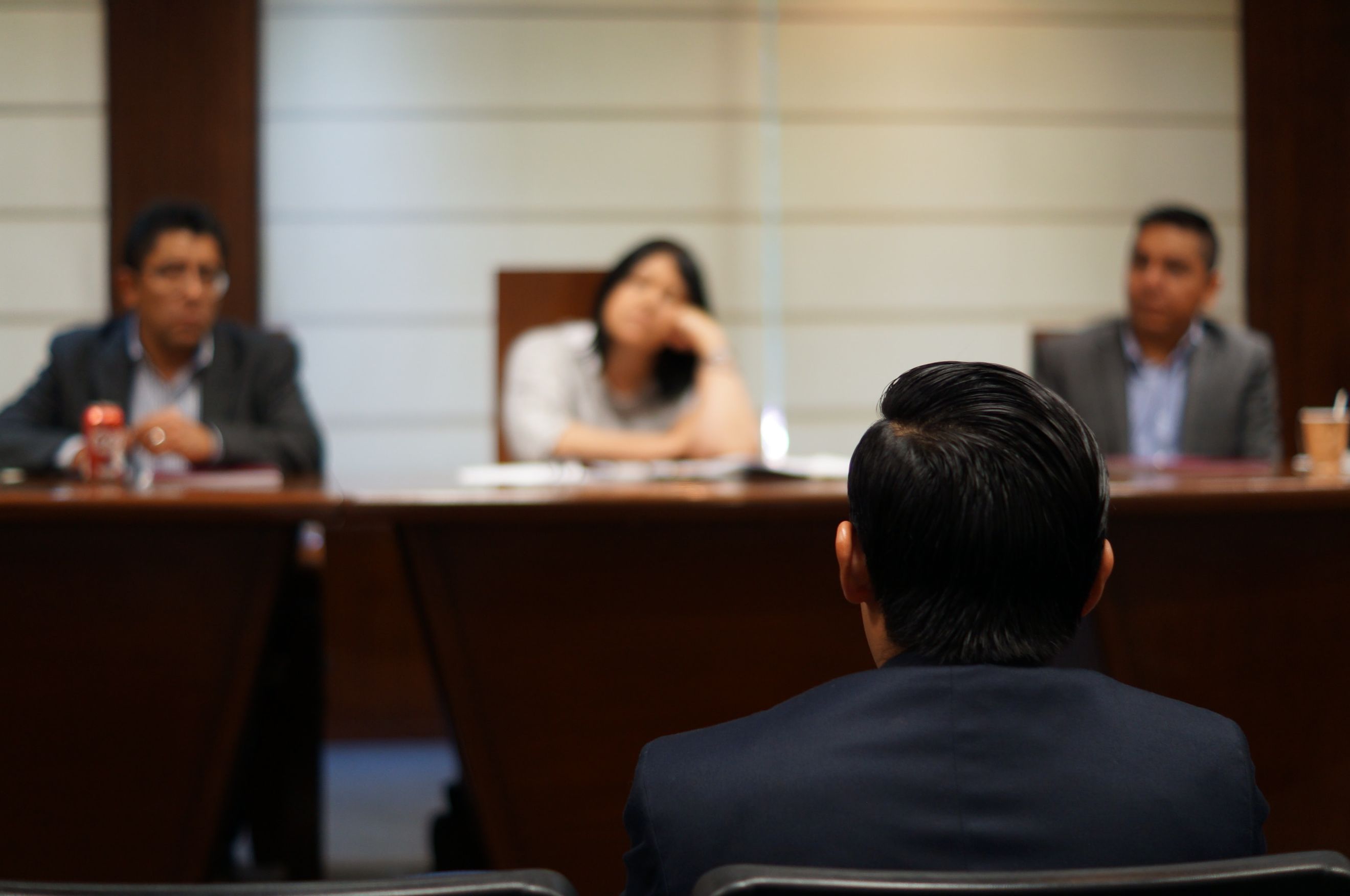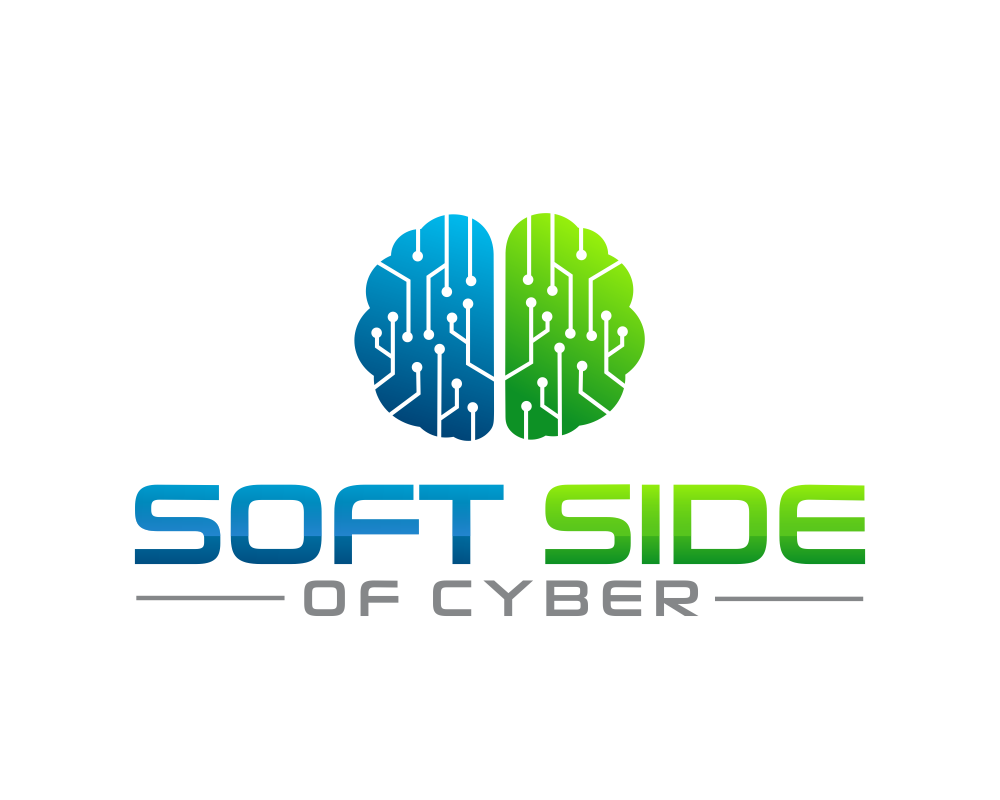
Testifying in Court: So you wanted to be a digital forensic examiner?
I have a deep love for digital forensics and all the deeply technical work that goes along with it. But all the carved files and exif data in the world mean nothing unless you can share that information in an approachable and understandable way. One of the most challenging venues to share your craft is in a court of law. Testifying as a fact witness or an expert can be highly nerve-racking and intensely intimidating. Digital forensic examiners must be able to explain very complex technical concepts in a way that non-technical stakeholders, such as judges and jurors, can easily understand. They must also be able to explain the methodology used to obtain and analyze the digital evidence, ensuring that it is reliable, accurate, and unbiased. Let's break down some of the soft skills you need to call upon to be successful on the stand.
Know the Legal System
Before testifying in court, it is essential to be familiar with the legal system and the rules of evidence.
This is not about your technical skills. It's about how your technical skills as a forensic investigator intersect with the legal system. Next, it's about translating those technical skills into specific artifacts as evidence in a case. Finally, it's about a jury or a judge understanding your testimony and applying it accurately to the case.
This includes understanding the different types of legal proceedings, such as criminal and civil trials, and the roles of the various parties involved, such as the prosecution, defense, and judge. It is also essential to be familiar with the rules of evidence to ensure you understand the admissibility of digital evidence in court.
Communication, communication, communication
Communication is one of the most critical soft skills needed for testifying in court. This includes the ability to communicate with both technical and non-technical stakeholders effectively. This is something we see in almost every job in cybersecurity, but it's especially critical here. Before you even set foot in a courtroom, you must clearly explain your findings to an attorney. You want to be honest and upfront with all your actions, especially anything you may have done that could negatively affect the case.
- Was the version of a tool that you used found to have issues?
- Were file modification, access, and created (MAC) times changed because you had to preview files without the aid of a write-blocker?
- Were there developments in the evidence collected that prompted you to go back and re-analyze things after the fact?
You want to ensure the attorney you're working with knows this ahead of time so it can be dealt with. There are few worse things for you or the lawyer than dealing with a bomb being dropped during cross-examination.
During your testimony, you will have to be able to communicate the results of your analysis to the judge, jury, and opposing counsel. To do this, you should be prepared to provide detailed explanations of your methodology and any limitations or uncertainties in your analysis. Understanding the facts of the case and the work you did is essential. You also must be able to talk about your work without technical jargon. Your preparation time for the court would be well spent having those non-technical synonyms on the tip of your tongue. It certainly gets easier with experience, but the first couple of times, you'll want to find a friend, smartphone camera, or mirror to practice your terms in front of.
It is also essential to respond effectively to questions and challenges from the opposing counsel. This includes explaining any inconsistencies or ambiguities in your testimony or addressing any concerns about the reliability or validity of your analysis. Opposing counsel may question your conclusions, and you'll want to be ready.
Pro tip: If the cross-examination is moving along extremely quickly, with rapid-fire questions, or the attorney is excited and raising their voice, or you simply do not understand what is being asked of you, calmly take a breath and ask them to repeat or restate the question. You do not have a lot of control during cross, but you damn well deserve the time to think. You can ask them to repeat or restate the question several times until you are confident that you can answer the question.
Check out our quick reaction video to this article below.
Honesty is the only policy
To be the most effective in court, it is imperative to maintain a high level of professional ethics. This includes being honest and impartial in your testimony and not allowing personal biases to influence your analysis or conclusions. In addition, it is essential, to be honest and neutral in your testimony and not overstate or exaggerate your findings.
Pro tip: “I don’t know,” is a perfectly acceptable answer to any question and much preferred to conjecture or supposition.
Final thoughts
The first time you appear in court as a witness, you will be nervous; there is no way around it. Accept those feelings and use them to drive your preparation. Let your confidence in your technical skills and analysis shine through with every word you say. Remember, you are the expert and would not have been asked to be there if you did not have something to teach everyone else in the courtroom.


